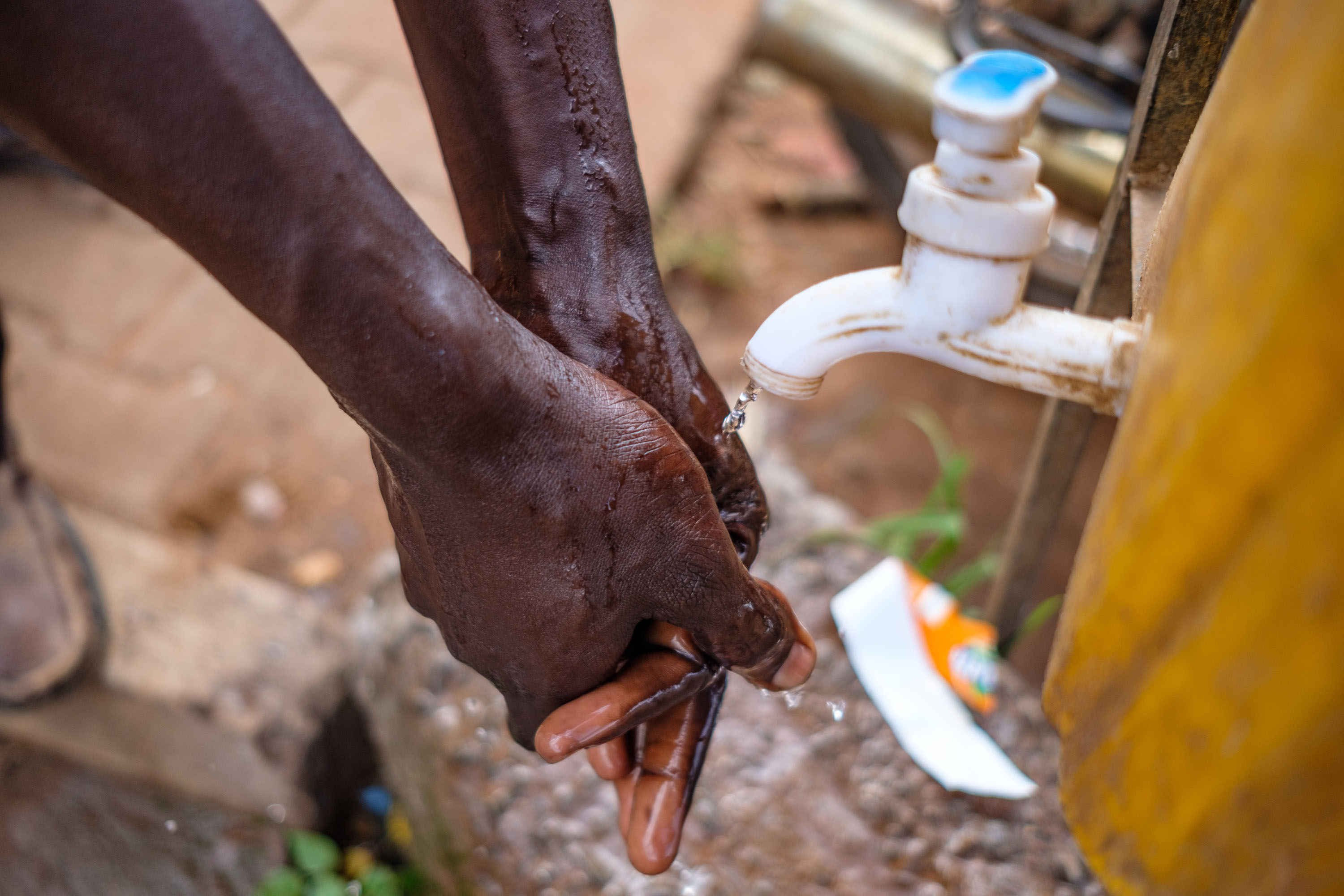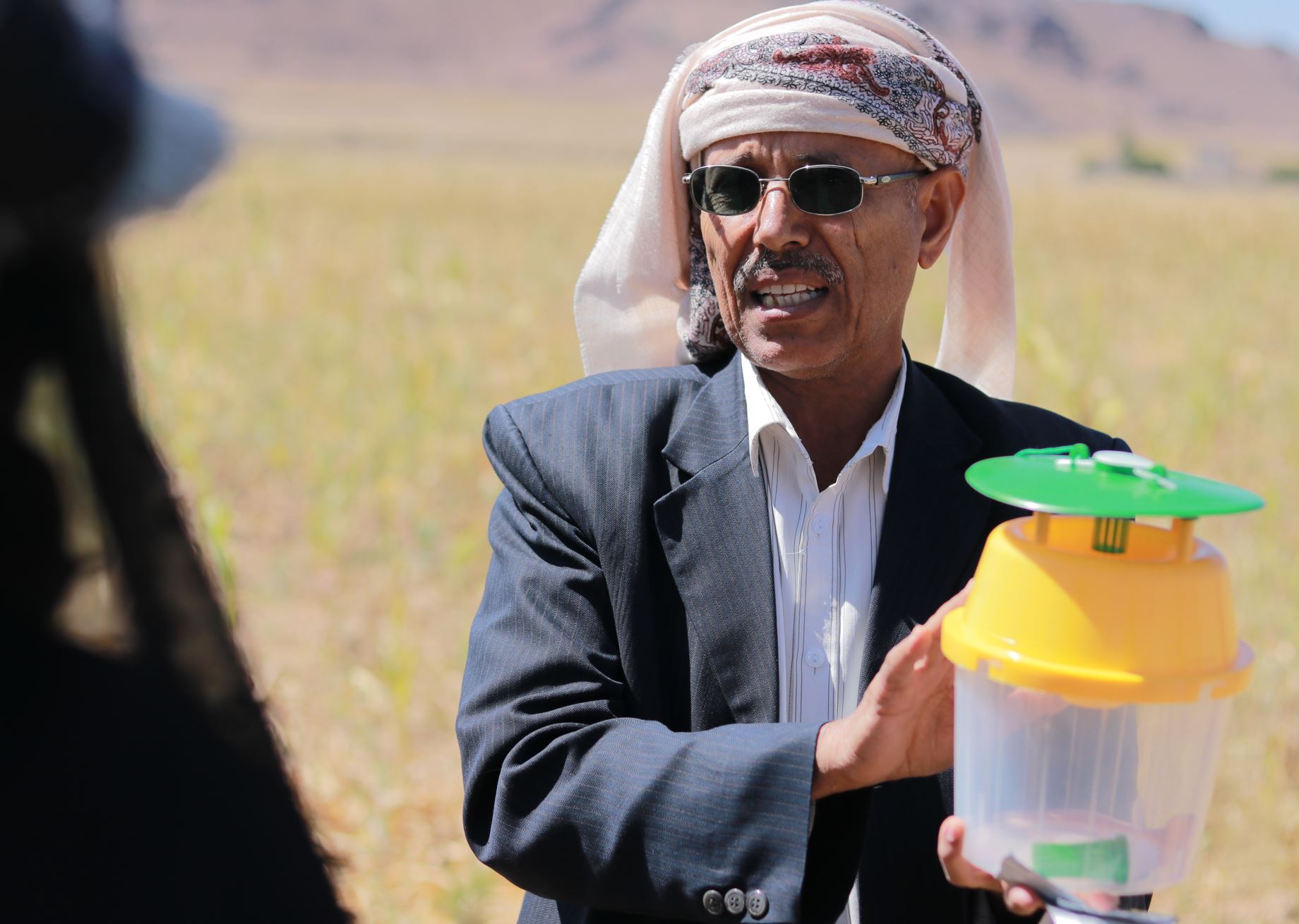The Technical Cooperation Programme (TCP) was created to enable FAO to make its know-how and technical expertise available to member countries upon request. TCP projects are subject to approval criteria that ensure relevance and sustainability of the assistance provided, while catalyzing results towards the achievement of the Sustainable Development Goals.
TCP Results since 2018
An updated monthly record of individual results from TCP Projects. For information on how the results are collected see TCP Results & Indicators
In focus
Live
.png?sfvrsn=9bdf0603_12)
TCP Evaluation 2020 - Five Years Later
FAO welcomed the independent Evaluation of the Technical Cooperation Programme (TCP) which presented its report to Governing Bodies in late 2020.
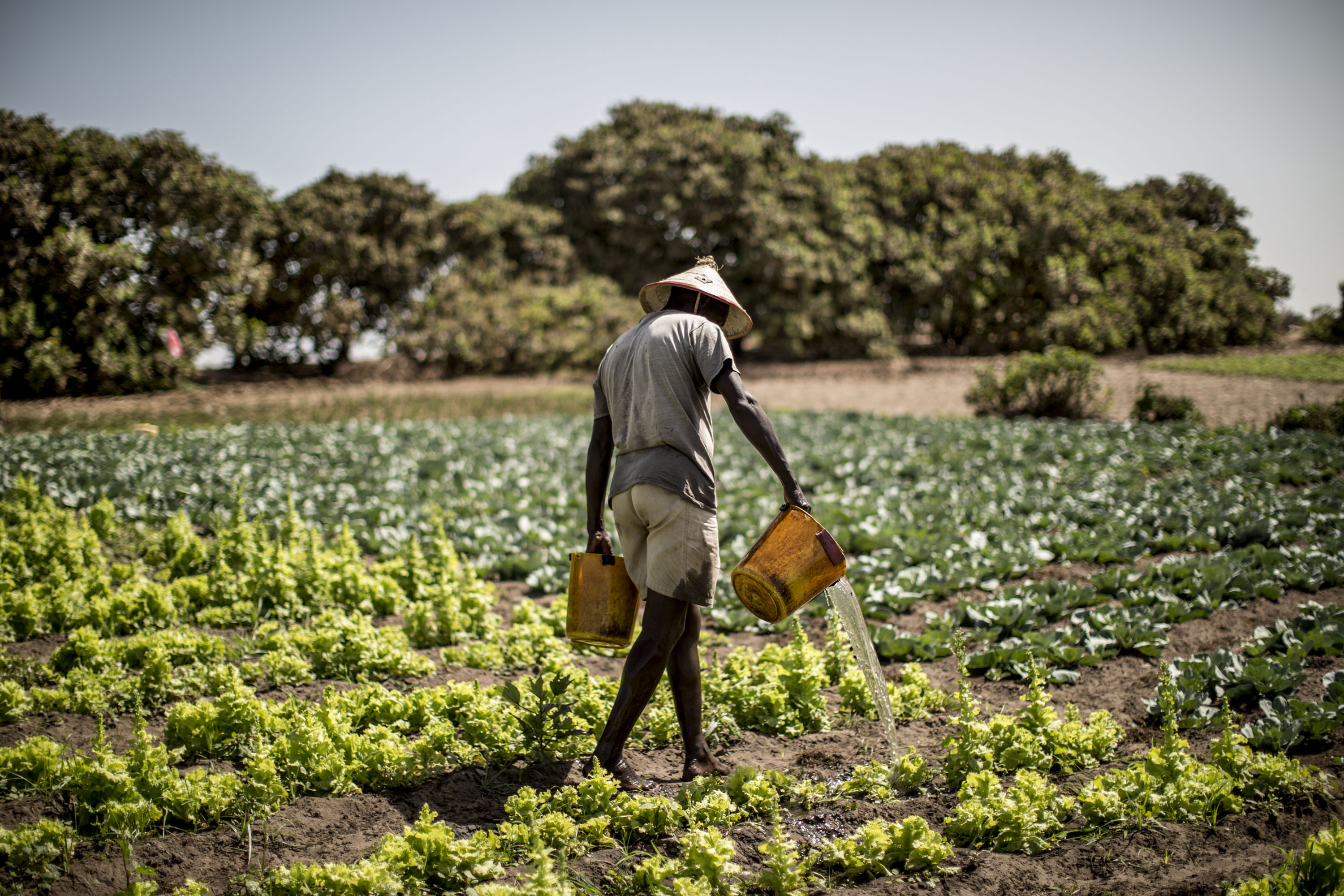
Results and Indicators
About 700 to 800 TCP projects are approved every biennium and more than 1 000 TCPs can be operational at the same time. The challenge to systematically monitor and document how the TCP delivers for Member Countries has been taken up since 2018.
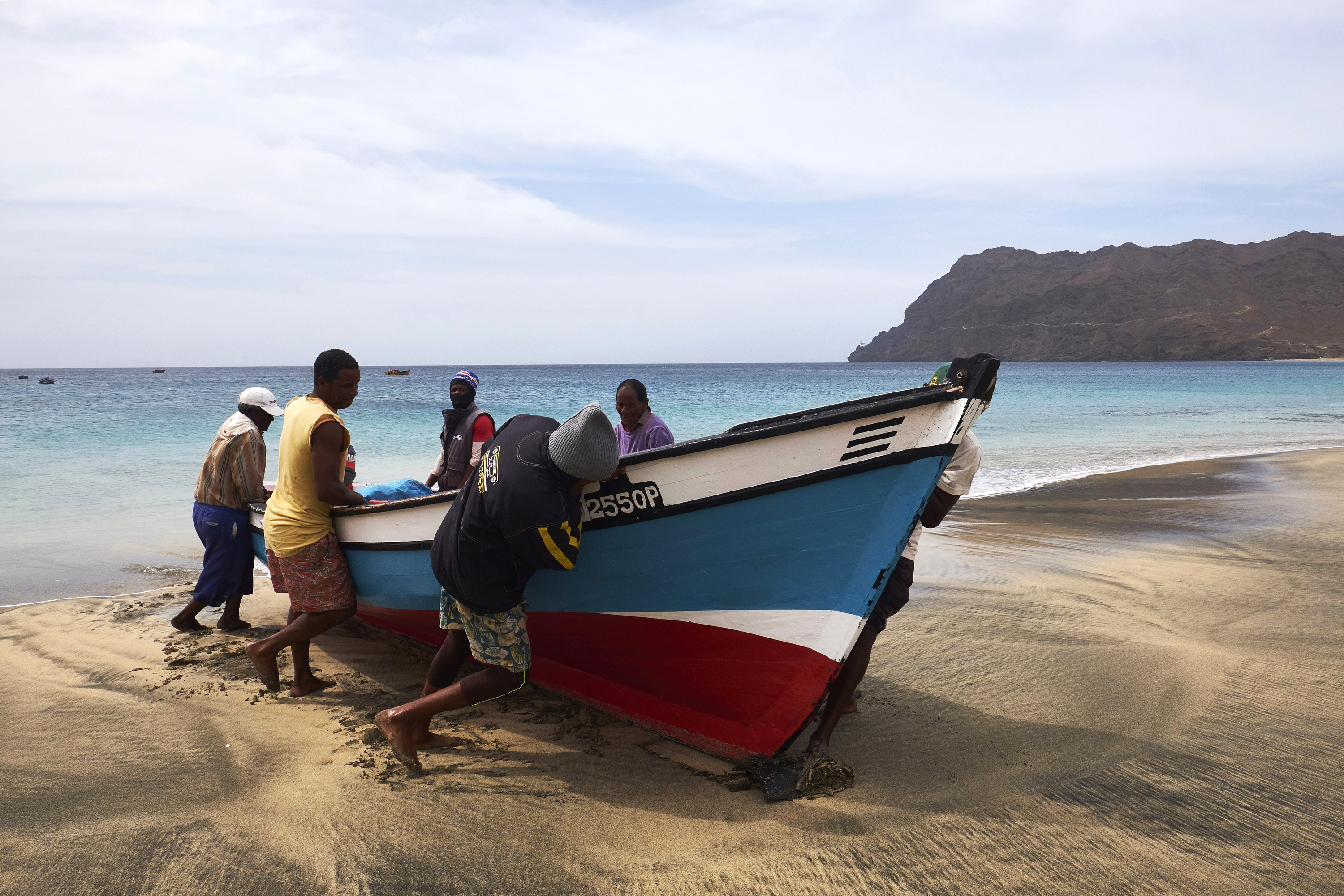
TCP and SIDS
Small Island Developing States (SIDS) are a group of low-lying island nations that are home to approximately 65 million people. Climate change, natural disasters and the distance from global markets make these nations particularly vulnerable.
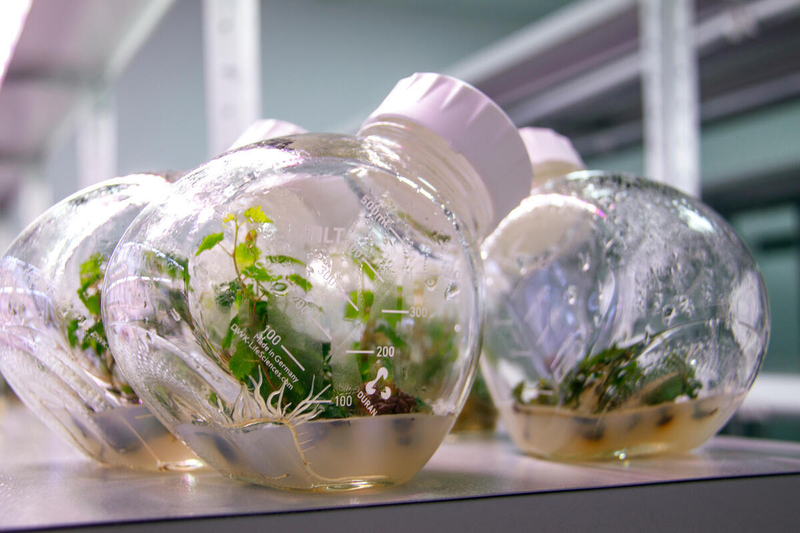
TCP as a Catalyst
By design, TCP projects are meant to complement ongoing programmes/activities. Given its scope, standalone use would unlikely be sustainable or effective. Emphasis is on complementing ongoing high priority...
_b6b2f08c-4913-4a45-9fde-90286808f752.png?sfvrsn=98a03e14_18)
TCP and Strategic Alignment
TCP funded interventions are the most frequent project type in FAO. Around 40 percent of all projects approved in a year are TCP funded, and in many countries, TCP constitutes a major part of the field programme.
_99d52c69-1de0-4a96-9839-0a5fe1ef214a.jpg?sfvrsn=e1f1306c_11)
TCP and Emergencies
Emergency TCP projects support both anticipatory action and immediate responses to disasters and early rehabilitation measures through the timely delivery of essential agricultural inputs...(more)
Multi-Media
Examples of completed projects
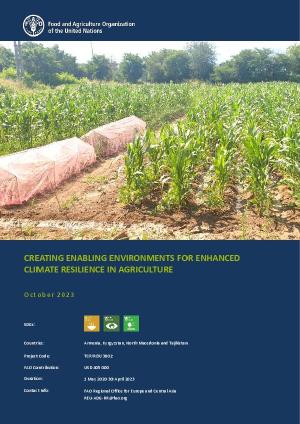
Creating Enabling Environments for Enhanced Climate Resilience in Agriculture
01/2024
Armenia, Kyrgyzstan and Tajikistan and North Macedonia are facing climatic changes and climate-driven hazards, escalating existing vulnerabilities in the agriculture and food production sector.
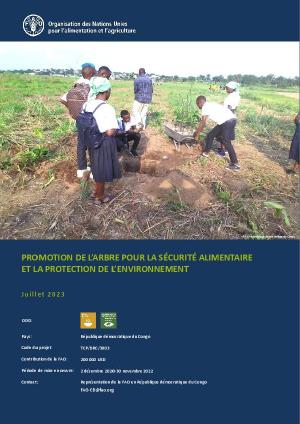
Promotion de l’arbre pour la sécurité alimentaire et la protection de l’environnement
01/2023
En République démocratique du Congo, les problèmes de sous-alimentation et de malnutrition poussent les populations à multiplier les mécanismes de survie afin de subvenir aux besoins du ménage.
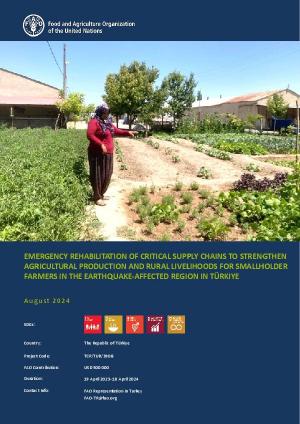
Emergency Rehabilitation of Critical Supply Chains to Strengthen Agricultural Production and Rural Livelihoods for Smallholder Farmers in the Earthquake-Affected Region in Türkiye
01/2024
In February 2023, Türkiye was struck by two powerful earthquakes, measuring 7.7 and 7.6 on the Richter scale, in the southern region. The catastrophic events led to over 50 000 deaths, more than 100 000 injuries, and the displacement of nearly 3.3 million people.
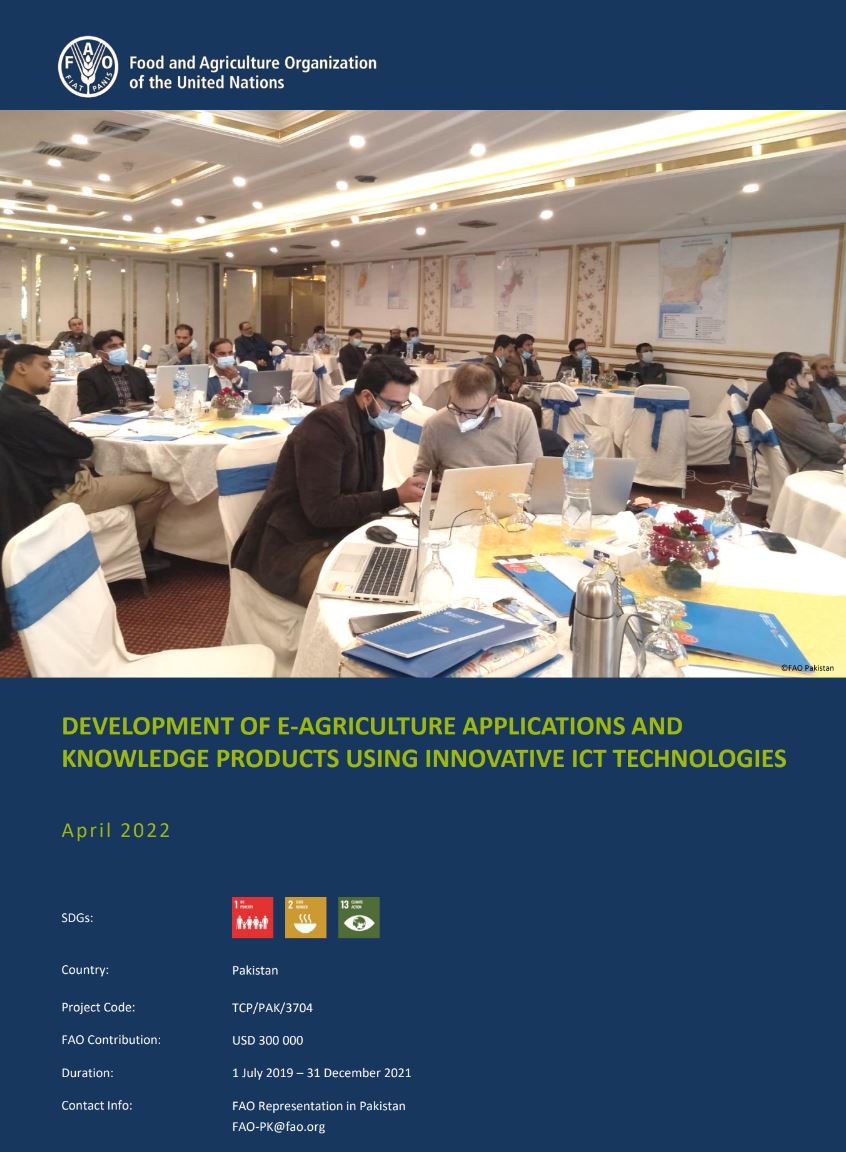
Development of E-Agriculture Applications and Knowledge Products Using Innovative ICT Technologies
09/2024
According to the Global Climate Risk Index, Pakistan is among the top ten most climate-vulnerable countries in the world, with the short- and longer-term effects of climate change impacting agricultural production in the country.
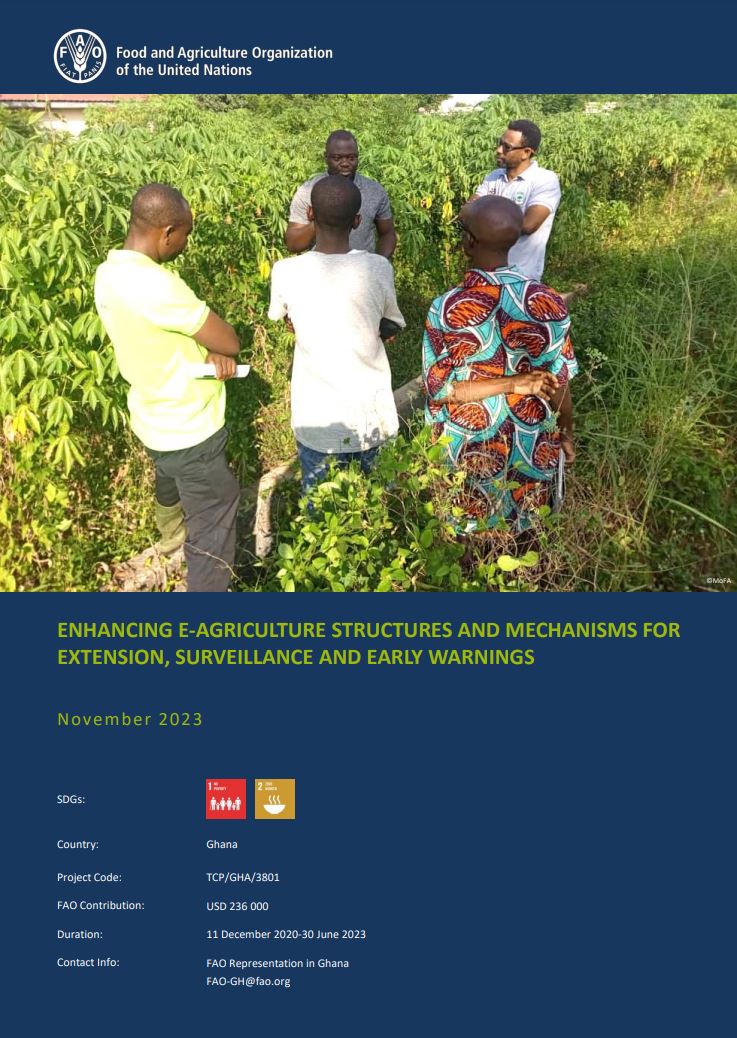
Enhancing E-Agriculture Structures and Mechanisms for Extension, Surveillance and Early Warnings
06/2024
Over the years, Ghana has implemented many broad agricultural and subsector-specific policies and programmes, including the Food and Agricultural Sector Development Policy (FASDEP I and II) and Investing for Food and Jobs (IFJ), purposely to promote and enhance a sustainable agricultural sector.
Working for the
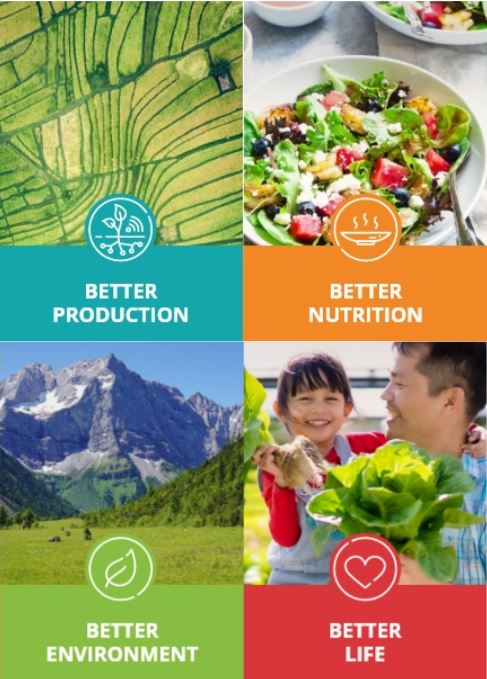
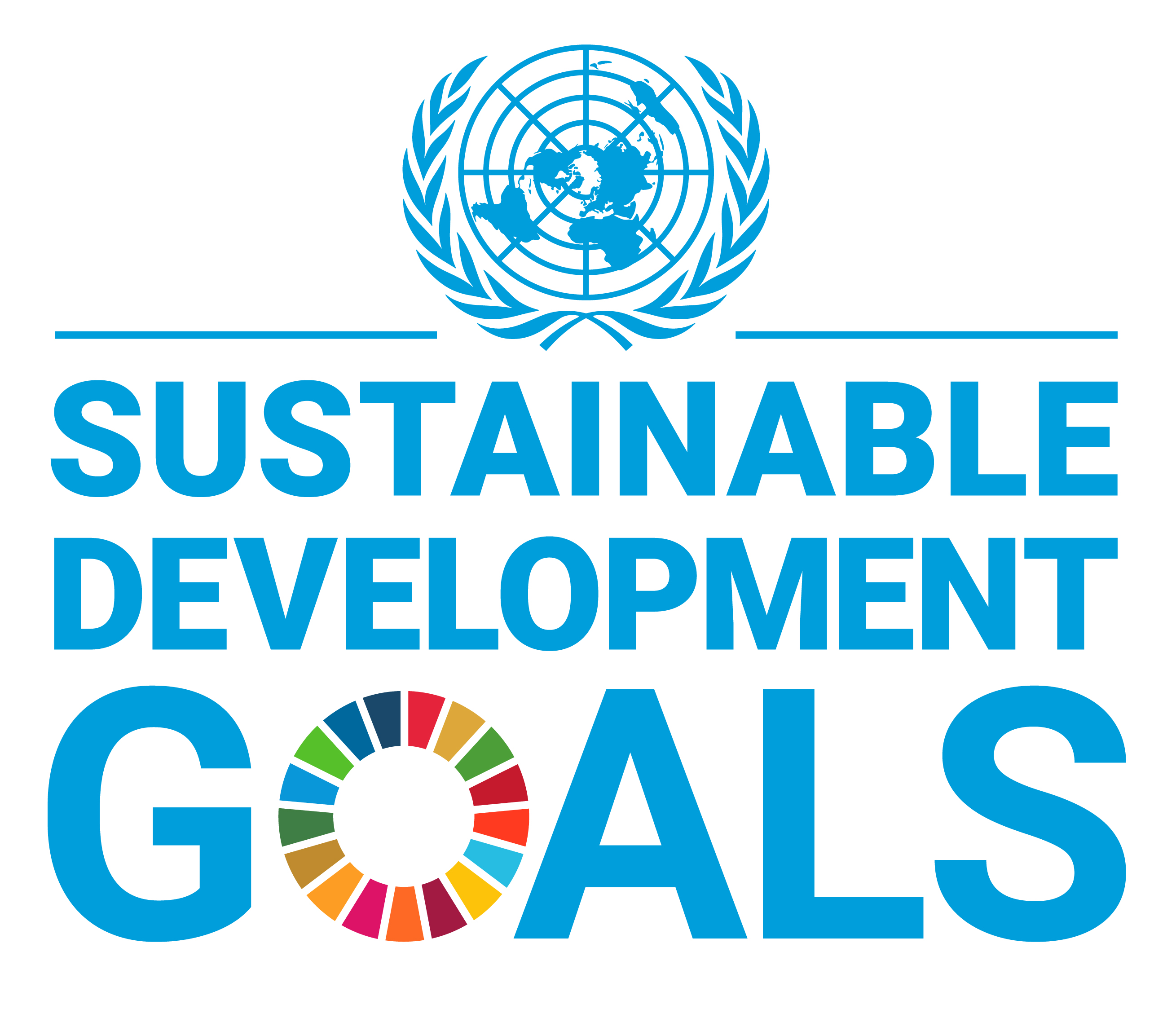
Related links
- TCP Evaluation 2020
- Partnerships
- Resource Mobilization
- South-South Cooperation
- FAO in Emergencies
- TCP Report 2019
Contact

.jpg?sfvrsn=de30d225_6)

-(1)_b6d313c6-89b1-4c5b-b304-ec497c1f2bd4.jpg?sfvrsn=cc7ff30e_12)
-jpg.jpg?sfvrsn=6939a081_6)
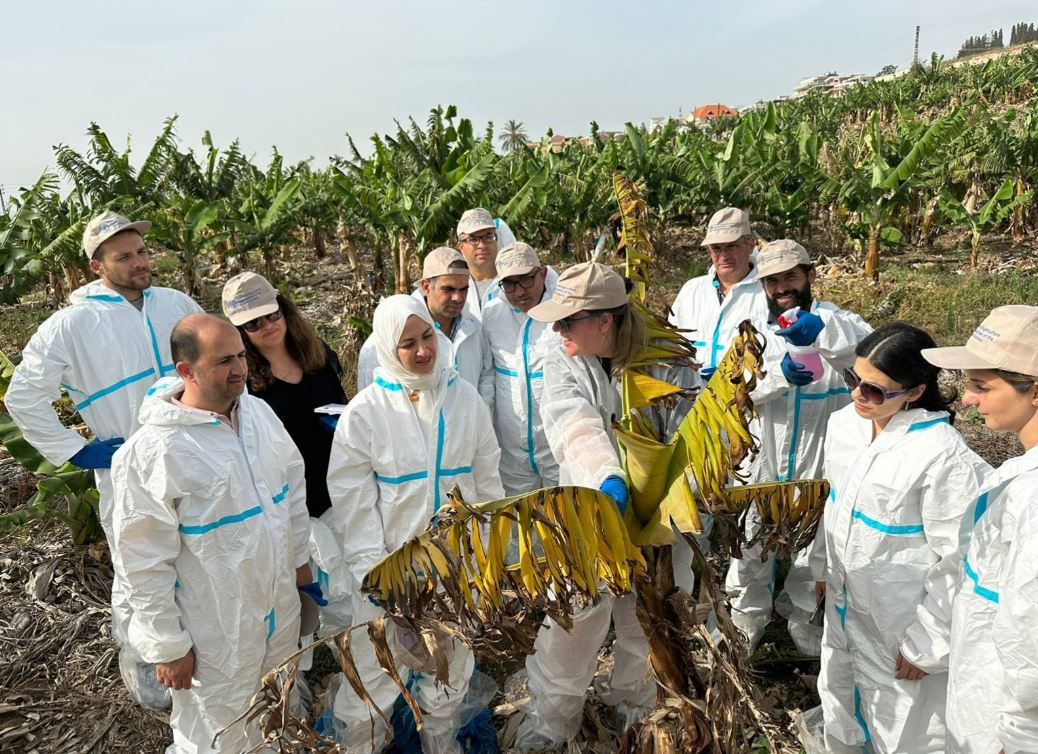
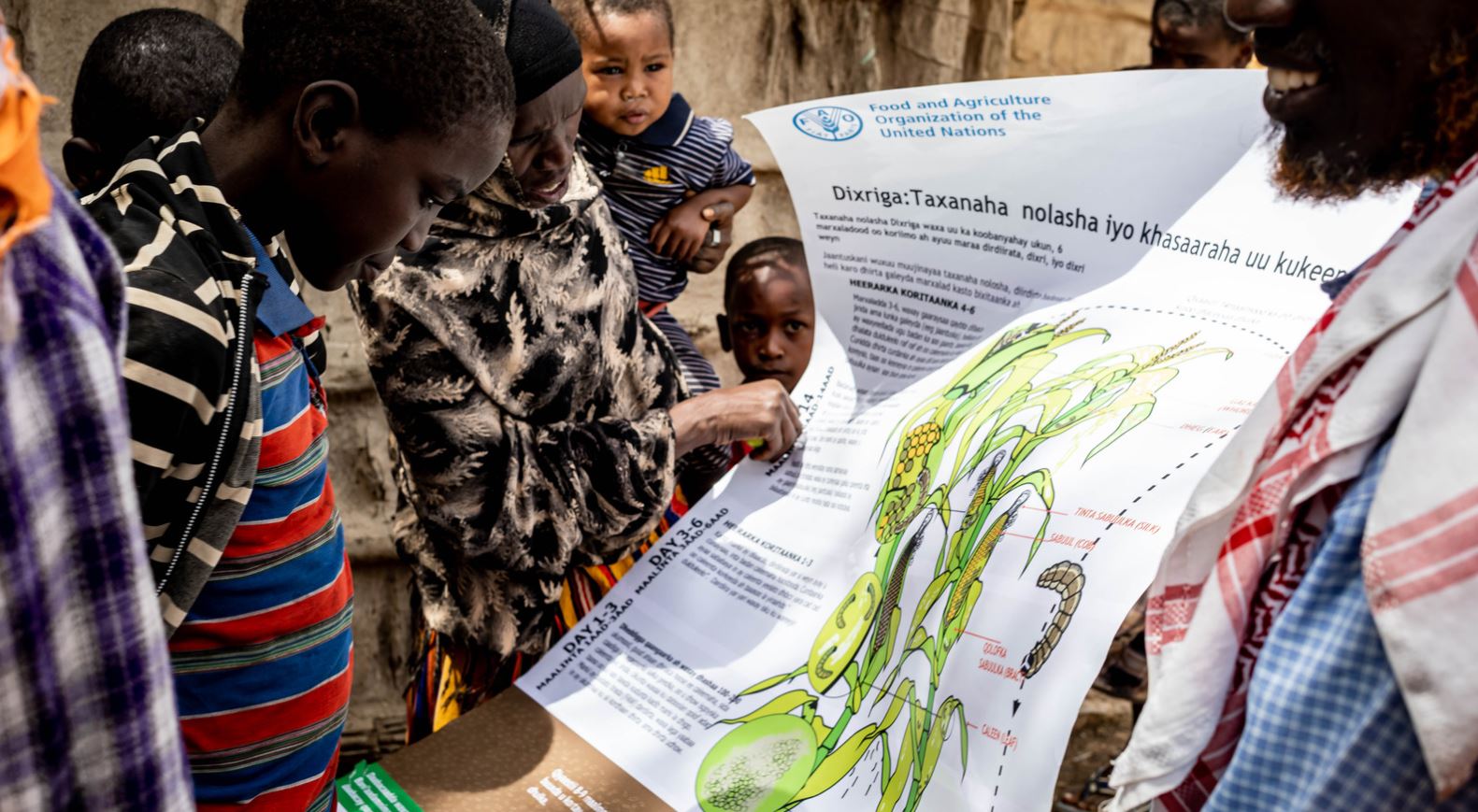
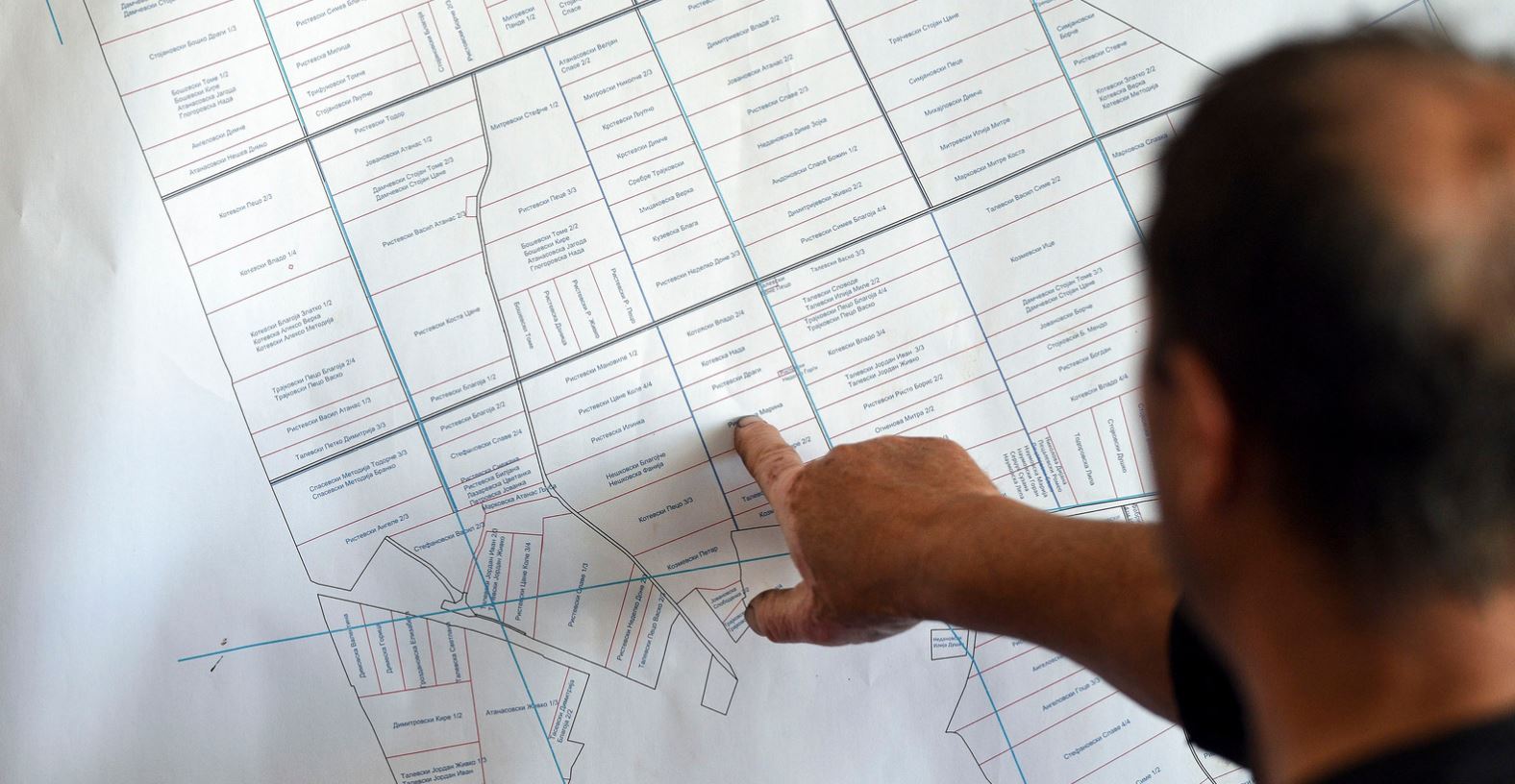
-(1)_4a09473d-3622-4201-b14e-c0af2d06289c.jpg?sfvrsn=4930ee18_13)
